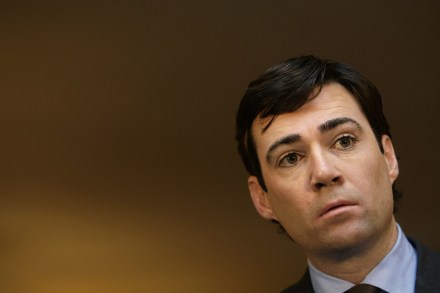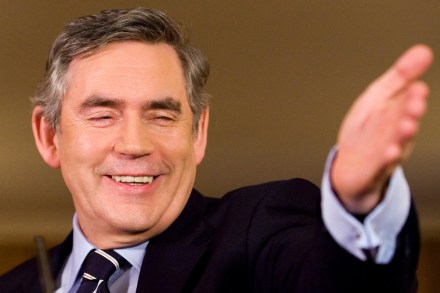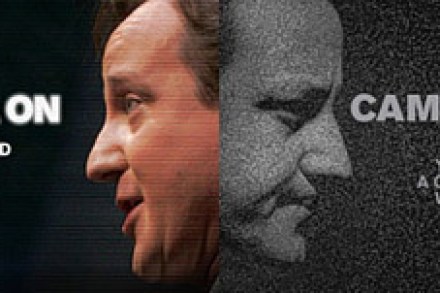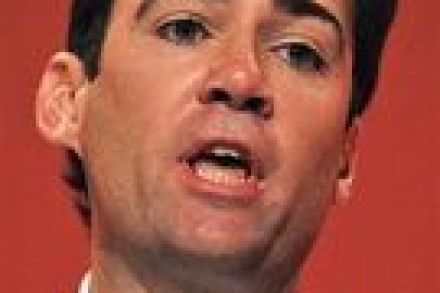Avoiding the Burnham Disincentive
One story which has been rumbling along in the background of Ashcroft and Chilcot – and, indeed, over the past few months – is the fallout from Andy Burnham’s claim that NHS bodies are now the state’s “preferred provider” of healthcare in this country. With those two words, in a speech last September, the Health Secretary appears to have pulled the process of reform back a few years – as private and voluntary sector providers have tried desperately to back out of a process which they now feel is weighted, impossibly, against then. Anyway, I’d recommend that you check out Nick Timmins’ excellent coverage of the latest develoments over at







